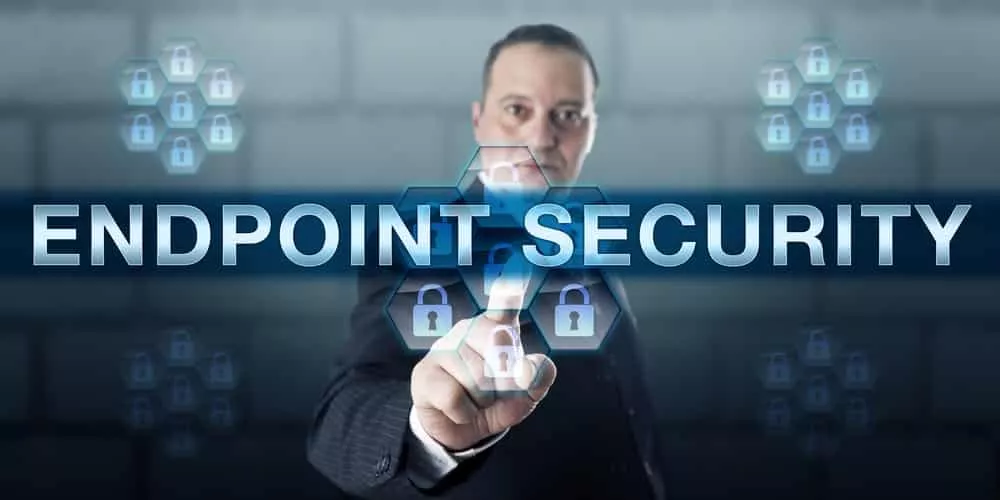The number of electronic devices including mobiles, tablets and laptops used by each of us is continually increasing, with many of these now routinely used for work purposes. This brings with it a number of security risks that need to be considered and addressed.
Endpoint security management is a branch of information technology dealing with the management of endpoint devices such as mobiles that are often connected to corporate networks. It is concerned with protecting these networks from viruses and malware that could enable hackers to access sensitive data. Because of the advanced capabilities of today’s hackers, it is vital to use sophisticated technology to ensure that sensitive data has multiple layers of protection.
VoIP systems are often integrated with existing programs and software and they are therefore potentially vulnerable to hackers. Endpoint security must, therefore, take VoIP into account.
Specialist VoIP providers offering wholesale solutions must, similarly, take steps to ensure that their own networks and infrastructure are protected from criminal activity. Whilst advantageous wholesale VoIP termination rates may be important to clients, experts such as IDT will also employ advanced security measures to ensure that adequate protection is in place.
Although anti-virus software is a central part of endpoint security; it is not always able to protect individual devices or servers. Endpoint management aims to enhance network security by making sure that any devices that connect to the network are free of viruses/malware. In reality, only devices that have been thoroughly checked beforehand should ever be allowed to access a central network.
How endpoint security works
Endpoint security protects networks and data through encryption and application control. Encrypting data helps to prevent data leaks and loss whilst application control/whitelisting limits the devices that can access the network. Trusted user protocols are also a part of this type of security, restricting access to users who are authorised to view or edit.
Main requirements for successful endpoint security management
No negative impact on user productivity
Staff should not be adversely affected by endpoint security solutions. They should be able to carry on their work interrupted, focusing on their tasks and responsibilities.
Pre-emptive action
In order to protect themselves from threats, businesses need to take a proactive rather than reactive approach to security. Endpoints need to be protected from all threats, whether unknown or known.
Protect all applications
An organisation should be able to protect against potential exploitation for all proprietary and third-party applications. It should also be able to return quick security verdicts on new applications to get them into use as soon as possible.
Automation
Automation should be used to correlate data, identify indicators/patterns, and create automatic protection across the organisation.
Be enterprise-ready
Endpoint security needs to be scalable and flexible and capable of being deployed in an enterprise environment. The solution must be able to integrate with the enterprise’s existing computing resources and cover geographically dispersed environments.




